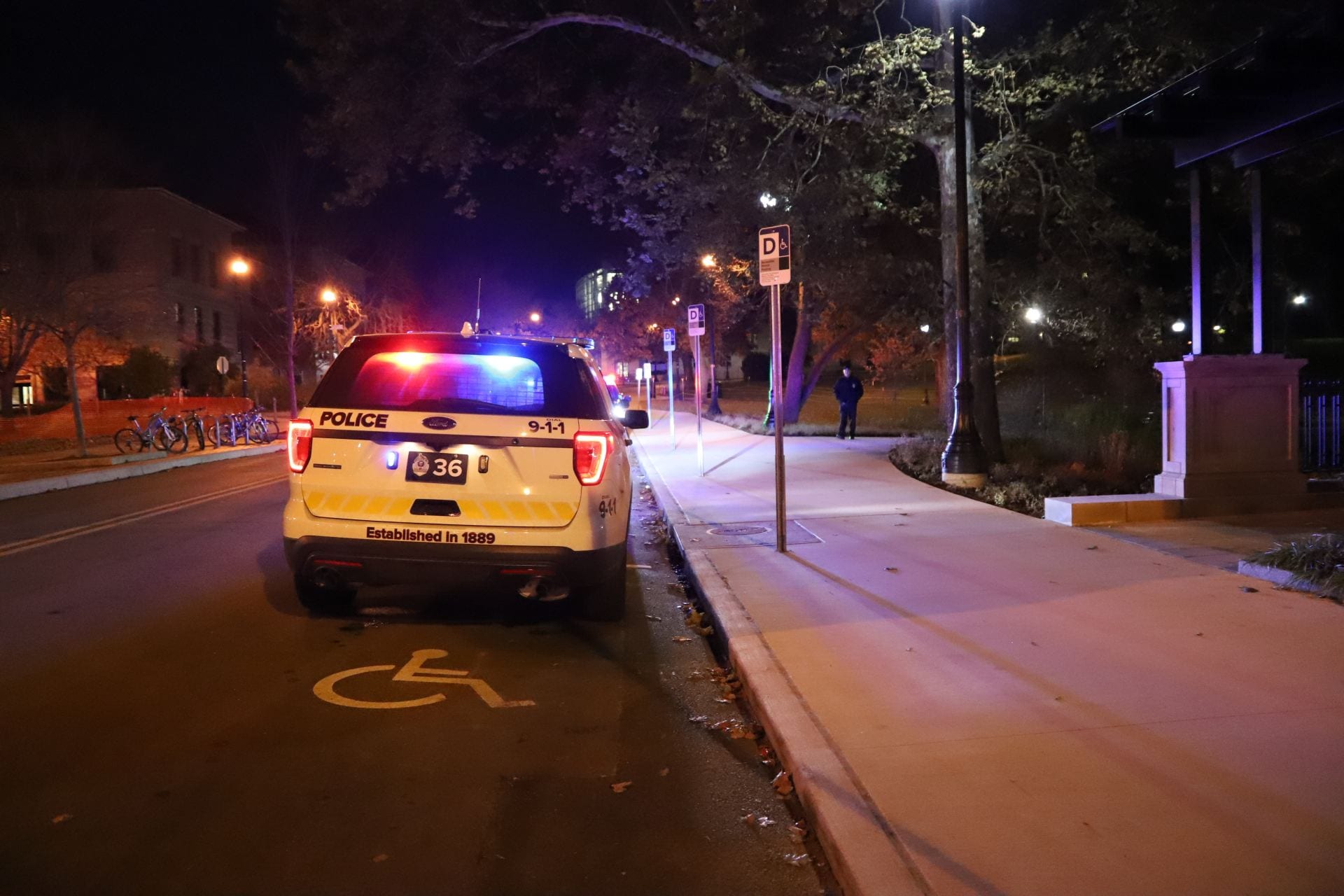Residents of Nevada have expressed understandable anger about the rest of the country wanting to store nuclear power plant waste at Yucca Mountain. But it is a reasonable solution, and certainly preferable to watching the waste pile up in laboratory space around Ohio State, which uses and tests nuclear materials.
The issue has gone to Congress – with the House expected to vote as early as today – on whether to override Nevada Gov. Kenny Guinn’s veto. The resolution to do so has had strong committee support, so House approval of Yucca Mountain seems likely. The Senate must also act, but prospects there are less certain.
This elaborate dance results from a 20-year-old law to provide storage for the nation’s increasing leftovers from nuclear power. The formal process started with Energy Secretary Spencer Abraham’s February decision to go ahead with Yucca Mountain. President George W. Bush concurred. Next came the opportunity for the governor of the selected state to exercise veto power, which Guinn did in April. Now Congress has 90 legislative days to decide whether to override the veto.
A congressional OK only sets the stage for the next step, a licensing program that could take another decade-plus. How the waste will be moved to Yucca Mountain is yet another subject, which also will be likely to be subject to contentious hearings. The Department of Energy is already arguing with a number of states over the rights to transport the waste to the Yucca mountain site. As a state with nuclear power, there is no doubt that waste will be coming across our state. Other states will also need to ship their waste across our soils, but this is a process imperative to the solution of the entire waste problem.
As the waste leaves its present sites it will fan out across the United States en route to the Yucca Mountain site. Many believe the possibilities for a major catastrophe during this process is inevitable. This is always a possibility with thousands of tons of radioactive materials moving through regular citizens’ back yards on the way to a safe and isolated site far from where it can do damage to the majority of the population, as well as, areas of vital importance to the health of the United States.
When people argue the removal and storage of the waste is a bad idea, they need to realize they have probably gained in some way from its creation. If you have not benefited in any way from electricity generated by Nuclear Power – and if you live in Ohio you have – then you need to remember that the arms races of the 1980s then to the eventual downfall of the Soviet Union and the American hegemony enjoyed today. It also comes in handy in the fight against cancer.
Therefore, everyone should advocate the disposal of a possibly hazardous material away from areas where they can do damage to large amounts of the population, unless you happen to live near the site.
Scientists still argue whether Yucca Mountain can meet the ideal of being a 10,000-year storage bin. But even if it works only for a millennium, Yucca Mountain will have spared many generations to come from worry about nuclear waste scattered across the country. That’s a big advantage.
Matt Claypool is a junior in history. He can be reached for comment at [email protected].


